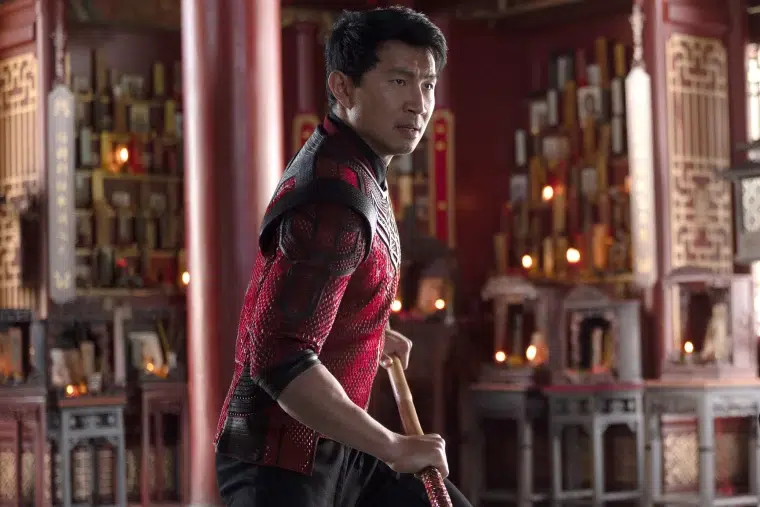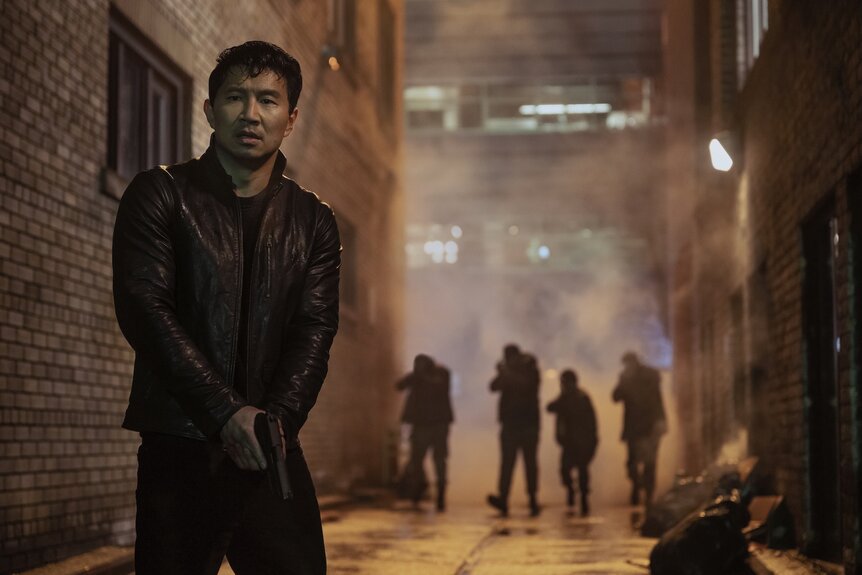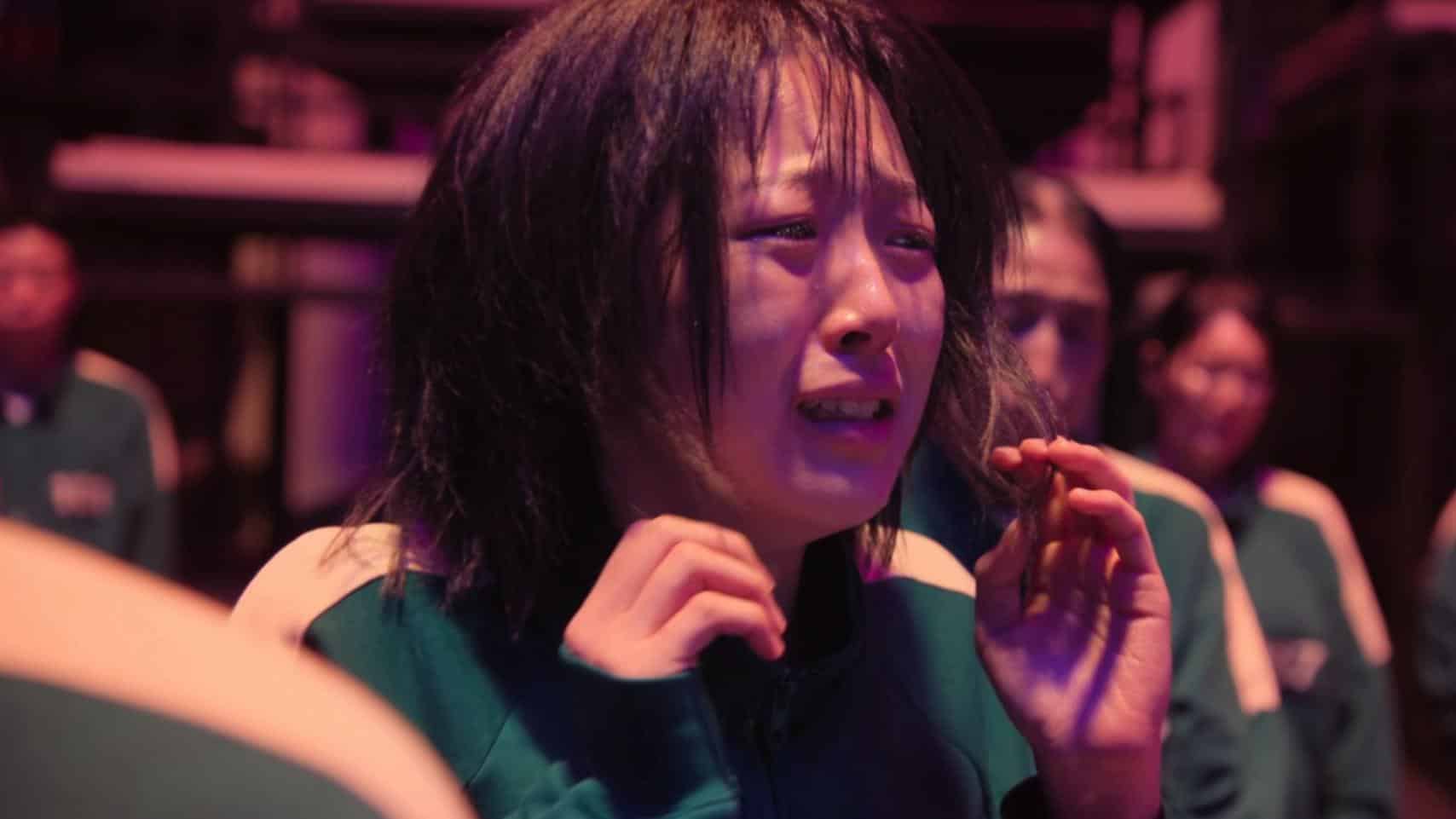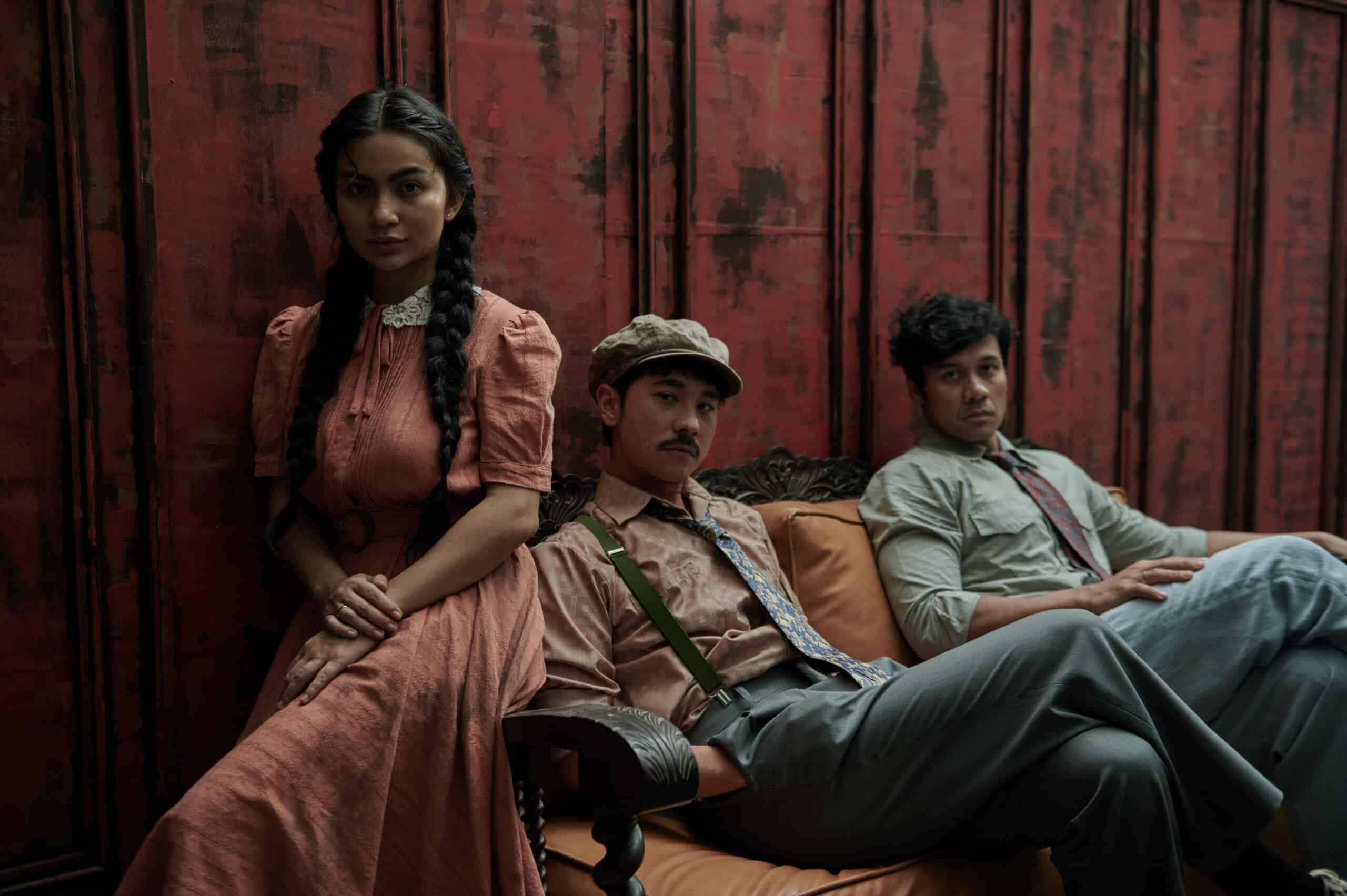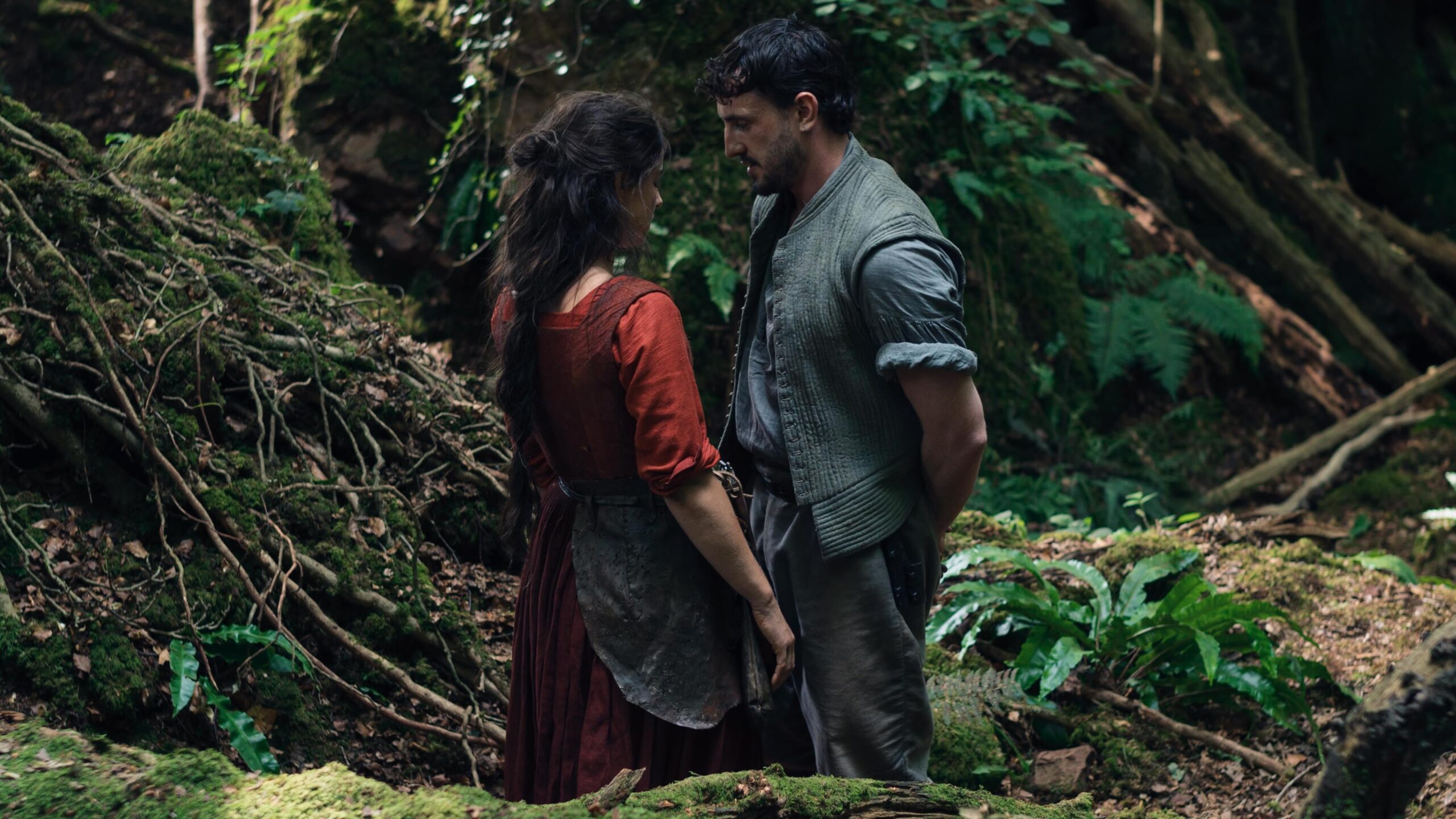In a move that could redefine film preservation and production, Chinese studios have unveiled a significant new initiative to use artificial intelligence to enhance and even reimagine 100 classic martial arts films. Announced at the 27th Shanghai International Film Festival, this ambitious project, titled the Kung Fu Movie Heritage Project 100 Classics AI Revitalization Project, aims to bring “updated visuals, sound, and production elements” to some of China’s most iconic cinematic treasures.
Among the legendary titles selected for this AI treatment are Bruce Lee’s Fist of Fury (1972), Jackie Chan’s Drunken Master (1978), Jet Li’s Once Upon a Time in China (1991), and John Woo’s A Better Tomorrow (1986).
A Better Tomorrow: Cyber Frontier – The AI Animated Future
Perhaps the most striking aspect of this initiative is the adaptation of John Woo’s A Better Tomorrow, starring Chow Yun-fat, into what is being described as “the world’s first full-process, AI-produced animated feature film,” titled A Better Tomorrow: Cyber Frontier. This implies that the original film will be processed through an AI moving image generator, which will seemingly transform it into a cyberpunk-style animated work without the direct involvement of human animators.
Project leaders state that for most of the 100 films, the work will combine generative AI tools to improve image quality, enhance sound, and reframe production design, all while striving to preserve the original storytelling and aesthetic intentions.
Read more: John Woo’s ‘Hard Boiled’ Starring Chow Yun-fat Gets 4K Restoration and UK Release
The digital reworking will also include synchronised sound design, ambient noise, and dialogue generation matched to the on-screen visuals. It draws parallels to George Lucas’s extensive digital reworks of the Star Wars trilogy, but with artificial intelligence at the helm.
Why China is Embracing AI in Film
Zhang Pimin, Chairman of the China Film Foundation, framed the initiative as “a brave exploration of the innovative development of film art,” referring to the selected titles as “aesthetic historical treasures” being updated to “suit contemporary viewing expectations.” Tian Ming, chairman of project partner Shanghai Canxing Culture and Media, echoed this sentiment, stating the goal is to both honour the original works and explore new visual directions. Tian issued an open invitation, saying, “We sincerely invite the world’s top AI animation companies to jointly start a film revolution that subverts tradition.” A fund of 100 million yuan (approximately AUD $21 million) has been established to support this effort.
The project is a collaborative effort between various organisations, including the China Film Foundation’s Film and Urban Development Special Fund, Quantum Animation (the studio behind A Better Tomorrow: Cyber Frontier), and other major players in China’s media and technology sectors.
This announcement comes amid increasing governmental interest in AI development within China. In both 2023 and 2024, Chinese regulators introduced guidelines aimed at managing generative AI in media, designed to ensure what authorities describe as the “healthy and orderly development” of AI in creative industries. AI-generated content also featured prominently in the Shanghai Film Festival’s opening night montage, including AI-enhanced footage of classics like Roman Holiday (1953).
Read more: Wong Kar Wai’s ‘Blossoms Shanghai’: Long-Awaited International Release Secured by Mubi
While similar debates about generative AI continue globally, these Chinese studios appear to be moving ahead with large-scale implementation in both film restoration and new content creation. Zhai Xuelian, secretary general of the China Science Fiction Industry Investment Alliance, suggested that this initiative reflects “the future development direction of traditional classic film and television,” indicating a greater role for emerging technologies in cultural heritage preservation and sharing.



